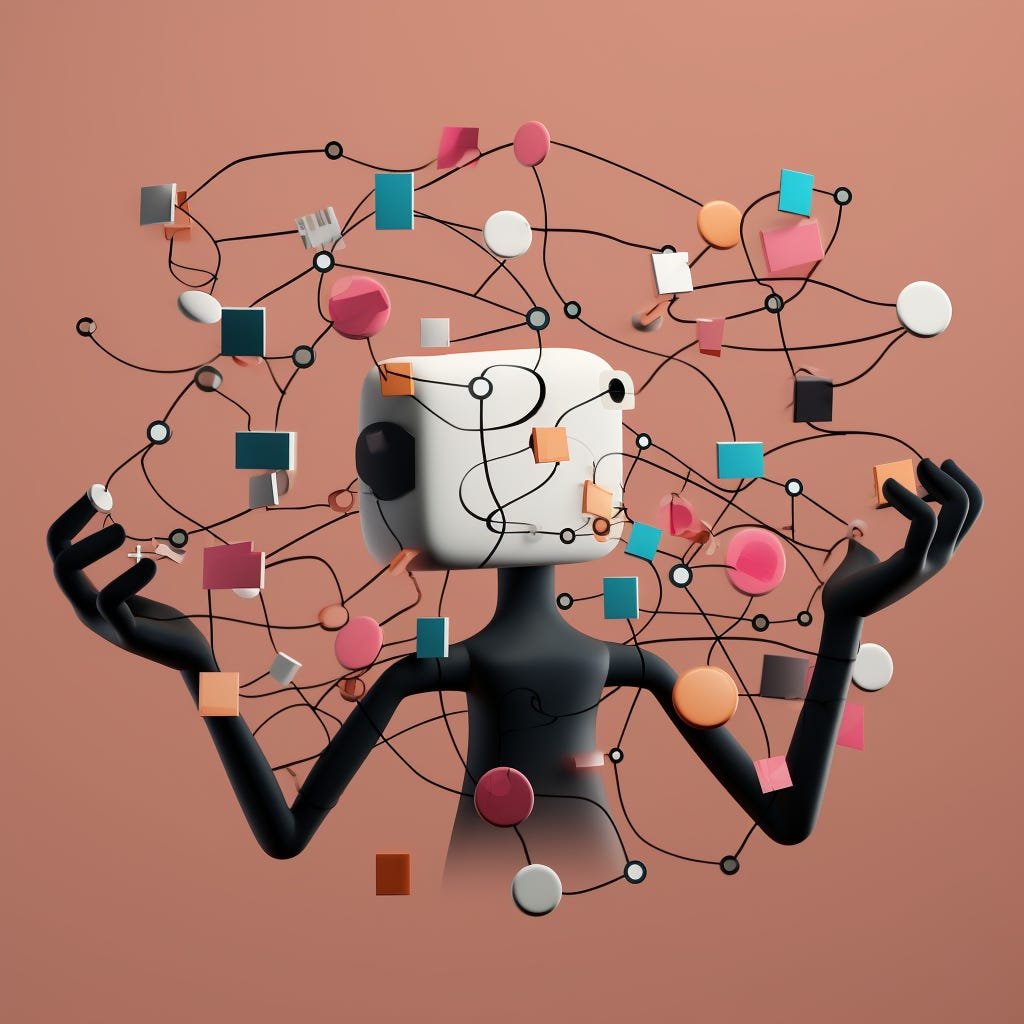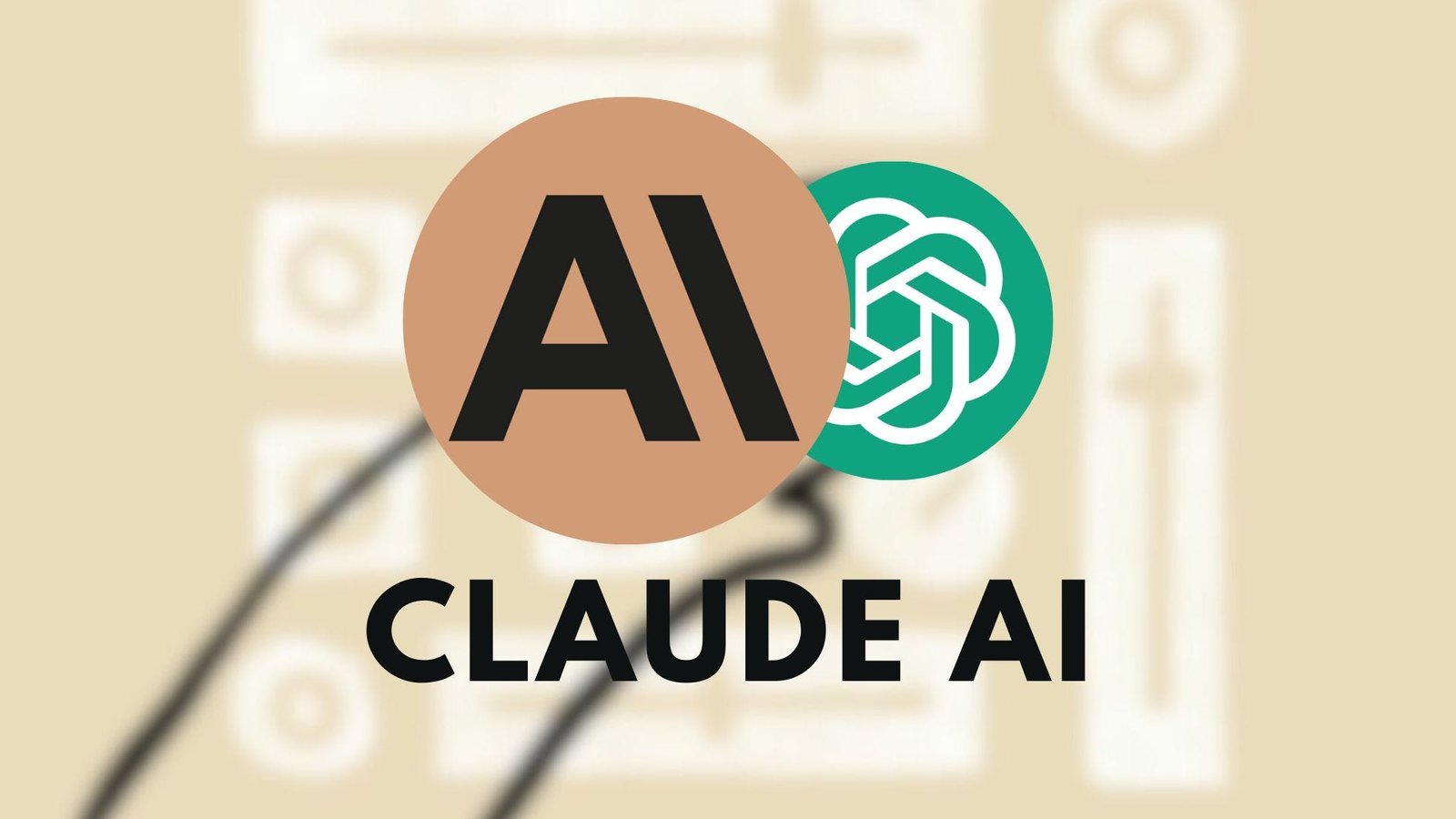San Francisco-based AI research company Anthropic has announced the release of Claude 2.1, the latest version of its flagship language model.
Claude 2.1 delivers significant advancements across key areas, including an expanded context window, reduced hallucination rates, and new API integration capabilities.

These improvements position Claude 2.1 as a powerful tool for enterprises seeking to deploy AI solutions across a wide range of applications. Here are a few features to look at:
1) Expanded Context Window
One of the most notable enhancements in Claude 2.1 is its expanded context window. The previous version, Claude 2.0, featured a 100,000 token context window, suitable for handling extended conversations and analyzing complex inquiries.
Claude 2.1 doubles this capacity, boasting a 200,000 token context window, or roughly 150,000 words. This vast context window allows Claude 2.1 to handle entire codebases, financial statements, literary works, and other lengthy documents with ease.
“The expanded context window is a game-changer for enterprises,” said Dr. Dario Amodei, Research Scientist at Anthropic. “With Claude 2.1, organizations can now feed entire technical manuals, financial reports, or even literary classics into the model, unlocking deeper analysis and broader data handling capabilities.”
2) Improved Recall Performance
In addition to the expanded context window, Claude 2.1 demonstrates improved recall performance, a measure of its ability to accurately reproduce information from the training data.
While Claude 2.0 showed limitations in recall performance above 70,000 tokens, Claude 2.1 exhibits a performance decline starting at around 90,000 tokens. This indicates a significant improvement in overall recall capabilities, especially in longer contexts.

“The enhanced recall performance is a testament to the advancements in our training techniques,” said Dr. Amodei. “By optimizing our algorithms and fine-tuning the model, we’ve been able to push the boundaries of what’s possible in terms of information retention and retrieval.”
3) Reduced Hallucination Rates
Hallucination, the generation of false or fabricated information by a language model, has been a long-standing challenge in the AI community. Anthropic’s team has made significant strides in addressing this issue with Claude 2.1, achieving a 2x decrease in false statements compared to the previous model.
“We’ve placed a strong emphasis on truthfulness and reliability,” explained Dr. Amodei. “By fine-tuning our training data and algorithms, we’ve been able to reduce the likelihood of Claude 2.1 generating false information, instilling greater trust in its outputs.”
4) API Tool Use and Integration
In addition to the technical improvements, Claude 2.1 introduces a new beta feature: API tool use. This capability allows Claude 2.1 to integrate with various processes and APIs, expanding its utility across different applications and workflows.
“The API tool use functionality opens up a world of possibilities for enterprises,” said Dr. Amodei. “Imagine Claude 2.1 working seamlessly with your existing systems, automating tasks, and streamlining processes. This level of integration is a significant step forward in the adoption of AI in the enterprise.”
Legal co-pilot @RobinAI_UK is using Claude on Amazon Bedrock to reduce the time it takes to finalize and sign contracts—making the process up to 10X faster.
They chose Claude for its reliability, accuracy across long documents and low hallucination rates.https://t.co/WMDTjMHs7i pic.twitter.com/reCcgUll0X— Anthropic (@AnthropicAI) January 24, 2024
Enterprise Applications and Uses of Claude
The advancements in Claude 2.1 make it well-suited for a wide range of enterprise-level applications, particularly those requiring in-depth text analysis and data processing. Some potential use cases include:
- Legal and Compliance Analysis: Claude 2.1 can analyze extensive legal documents, contracts, and regulatory frameworks, providing insights and identifying potential risks or areas of concern.
- Financial Reporting and Analysis: With its ability to handle lengthy financial statements and reports, Claude 2.1 can assist in generating summaries, identifying trends, and forecasting financial performance.
- Technical Documentation and Product Support: Claude 2.1 can process entire codebases, technical manuals, and product documentation, enabling more efficient technical support, code analysis, and knowledge extraction.
- Content Generation and Summarization: Claude 2.1’s expansive context window and improved recall performance make it an ideal tool for generating high-quality content, such as reports, articles, and summaries.
“Claude 2.1 is a powerful tool that can significantly enhance enterprise workflows and decision-making processes,” said Dr. Amodei. “By leveraging its capabilities, organizations can streamline operations, reduce costs, and gain a competitive edge in their respective industries.”
Ethical Considerations and AI Safety
As AI continues to advance, concerns around ethical implications and AI safety have grown increasingly important. Anthropic has been a proponent of responsible AI development, incorporating AI safety principles into their research and development processes.
“At Anthropic, we believe in the responsible development of AI technologies,” said Dr. Amodei. “We’ve implemented strict ethical guidelines and constitutional AI principles to ensure that our models, including Claude 2.1, align with our values of promoting beneficial AI that is safe, truthful, and aligned with human values.”
Anthropic’s approach to AI safety includes rigorous testing, oversight, and the implementation of safeguards to mitigate potential risks. The company has also been transparent about its efforts, publishing research and engaging with the broader AI community to foster collaboration and knowledge-sharing.
Claude vs. ChatGPT
While Claude 2.1 represents a significant advancement in language modeling capabilities, it’s important to note that it is not the only AI chatbot on the market. OpenAI’s ChatGPT, released in November 2022, has gained widespread attention and is often compared to Claude.

Both ChatGPT and Claude are powerful AI chatbots, but they have different strengths and capabilities. ChatGPT has higher performance in areas such as mathematics, reasoning, and coding tasks, while Claude excels in handling larger documents and has a stricter set of ethical guidelines.
“We view ChatGPT as a valuable contribution to the AI landscape,” said Dr. Amodei. “While we may have different strengths and approaches, we share a common goal: to advance the field of AI in a responsible and beneficial manner.”
The release of Claude 2.1 marks a significant milestone in the development of language models and AI technologies. With its expanded context window, reduced hallucination rates, and API integration capabilities, Claude 2.1 is poised to become a powerful tool for enterprises seeking to leverage AI across a wide range of applications.
As AI continues to evolve, it is crucial for companies like Anthropic to prioritize ethical principles, AI safety, and responsible development. By doing so, they can ensure that these technologies are not only powerful but also aligned with human values, promoting beneficial outcomes for society as a whole.
You might want to read about OpenAI being Valued at $86 Billion in Massive Employee Tender Offer. Click here for more.












Comments 2